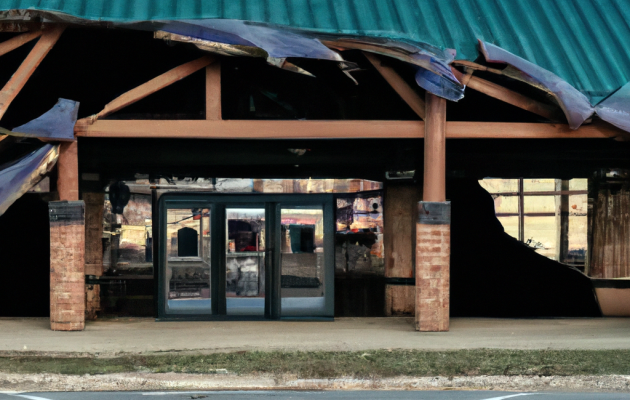Severe Weather Preparedness Tips for Business Owners
Written By: Stuart Dorf, JD, Executive Vice President
Severe weather can have a significant impact on businesses, causing damage to buildings, disrupting operations, and even leading to lost revenue. It is essential for businesses to take proactive steps to prepare for severe weather events, accordingly here are some tips for getting your business prepared for severe weather:
Create a Severe Weather Plan
The first step in being prepared for a severe weather event is to create a plan that outlines what you will do when one impacts your business. Your plan should include how you will communicate with employees, what safety procedures you will follow, and what steps you will take to protect your property. Your plan should also include emergency contact information for key employees and vendors.
Conduct Regular Emergency Drills
Once you have a severe weather plan in place, it is important to conduct regular emergency drills to ensure that all employees are familiar with the plan and know their roles and responsibilities. Conducting regular drills can help identify any weakness in your plan and provide an opportunity to make necessary adjustments.
Back-Up Your Data
Severe weather events can cause power outages, which can lead to loss of electronically stored data. Backing up your data regularly to the cloud can help your business recover should any data be lost from onsite systems.
Secure Your Property
Severe weather events can cause significant damage to buildings and other property. Taking steps to secure your property, such as boarding up windows, securing loose objects, and reinforcing doors can help minimize the damage.
Inspect Your Building Regularly
Regular inspections of your building(s) can help identify potential vulnerabilities that could be exploited during a severe weather event. Inspect your building regularly for issues such as loose roofing materials, damaged windows, and cracks in the foundation.
Stay Informed
Staying informed about severe weather events can help you prepare your business and make informed decisions about whether to close your business or take other precautions. Sign up for weather alerts and monitor local weather reports to stay informed about the weather in your area.
Have a Communication Plan in Place
Communication is key. Ensure you have a plan for communicating with employees, customers, vendors, and other key stakeholders. Your communication plan should include contact information for key employees and vendors, and a plan for communicating with customers.
Have an Emergency Kit on Hand
In the event of a severe weather, it may be necessary to shelter in place for an extended period of time. Having an emergency kit on hand can help ensure that you and your employees have access to the supplies you need to stay safe and comfortable. Your emergency kit should include items such as water, non-perishable food, first aid supplies, and blankets.
Review Your Insurance Coverage
Make sure you have adequate insurance coverage to protect your business, review your insurance coverage regularly to ensure that you are properly protected.
Train Your Employees
Your employees are your first line of defense during a severe weather event. Make sure they are trained on what to do and how to implement your severe weather plan. Providing regular training can help ensure that all employees are prepared to respond appropriately.
Conclusion
Severe weather can have a significant impact on businesses, but by taking proactive steps to prepare for strong weather events, businesses can minimize damage and recover more quickly. Creating a plan, conducting regular emergency drills, securing your property, staying informed, and training your employees are all essential steps in preparing your business to literally weather the storm.













